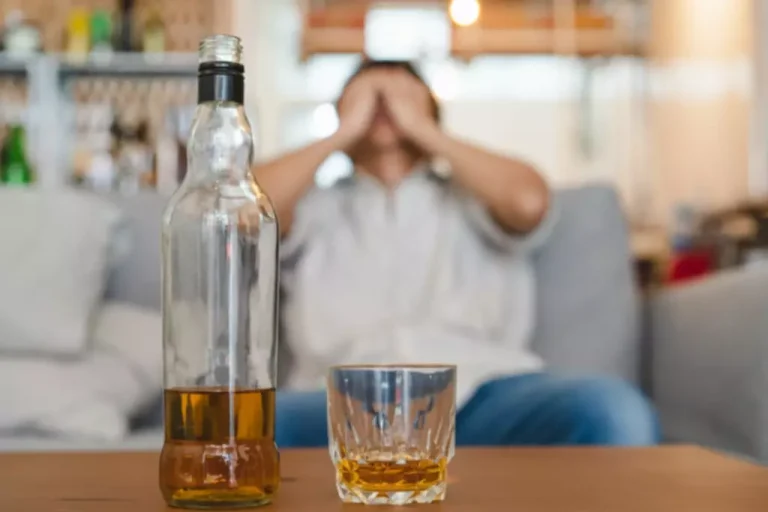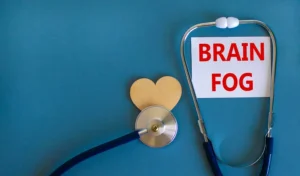
Some people with family histories of alcoholism choose to abstain from drinking since this is a guaranteed way to avoid developing alcohol dependence. If you are Cure for Alcohol Withdrawal Symptoms concerned about your drinking, speak with your doctor. In delirium tremens, the brain is not able to smoothly readjust its chemistry after alcohol is stopped.
Complications
- Delirium tremens is a life-threatening form of alcohol withdrawal.
- It’s helpful to think of your craving as a wave; Cravings build, peak, crash and dissipate.
- Family history, mental health conditions and many other factors can play a role.
- Misusing alcohol, including binge drinking and heavy alcohol use, puts you at risk for alcohol withdrawal syndrome.
- Treatments can greatly reduce or eliminate most of the symptoms of alcohol withdrawal.
- It also discusses various treatment options for alcohol withdrawal and how you can get help.
Alcohol (ethanol) depresses (slows down) your central nervous system (CNS). If you consistently consume significant amounts of alcohol, your CNS gets used to this effect. Your CNS must work harder to overcome the depressant effects of alcohol to keep your body functioning. In extreme cases, the brain can have problems regulating breathing and circulation. Relapses happen during rehabilitation, but what’s important is how you move forward from it. You may want to talk with a loved one or therapist about why it happened and what you can do differently next time.
How Much Do I Have to Drink to Experience Withdrawal?

For delirium tremens, treatment in an intensive care unit (ICU) is often required. In an ICU, your heart rate, blood pressure, and breathing can be monitored closely in case emergency life-support (such as artificial breathing by a machine) is needed. The symptoms of alcohol withdrawal, like mood swings, nausea, and tremors, can be dangerous and often occur after the cessation of drinking in those with alcohol use disorders. Fortunately, many facilities can help you safely detox from alcohol and start a new, sober life. If you have wanted to quit drinking alcohol but were hesitant to do so because you feared that the withdrawal symptoms would be too severe, you are not alone.

Symptoms of Alcohol Withdrawal: Timeline and Signs of Danger
- AWS is more common in adults, but children and teenagers who drink excessively may also experience the symptoms.
- Once withdrawal is complete, additional medications and supplements may be needed to address complications and nutritional deficiencies that occur because of chronic alcohol use.
- Consuming more than that can lead to liver damage and heart disease, and increase your risk for some cancers.
- If you have wanted to quit drinking alcohol but were hesitant to do so because you feared that the withdrawal symptoms would be too severe, you are not alone.
- It’s important to be honest about your alcohol use — and any other substance use — so your provider can give you the best care.
It’s rare for people going through alcohol withdrawal to experience hallucinations more than 48 hours after their last drink. When the neurotransmitters are no longer suppressed, but are used to working harder to overcome the suppression, they go into a state of overexcitement. If you suddenly stop drinking or significantly reduce the amount of alcohol you drink, it https://ecosoberhouse.com/ can cause alcohol withdrawal. Your doctor may also use a questionnaire like the Clinical Institute for Withdrawal Assessment for alcohol revised scale (CIWA-Ar) to determine the severity of your withdrawal symptoms. Ethanol is the primary alcohol that’s ingested by people with alcohol use disorder. It produces euphoria and other effects at low blood concentrations.
Providers may recommend using other seizure medications to manage withdrawal symptoms during severe alcohol withdrawal, either instead of or in combination with benzos. This class of drugs may be used to treat mild, moderate, or severe alcohol withdrawal. More moderate to severe symptoms, which usually appear during peak withdrawal time of 24–72 hours after your last drink, may also include hallucinations and seizures. Someone with an AUD is likely physically dependent on the substance. This means that the brain and central nervous system have gotten used to the constant presence of alcohol in the body. Due to this, the central nervous system has created a mechanism to compensate for alcohol’s depressive effects on brain function.

You may want to speak with a loved one or therapist about a strategy to prevent relapses from happening. The experience of withdrawing from alcohol can be uncomfortable and difficult. Some people may relapse, or drink alcohol again, to relieve the symptoms. They help lower activity in your CNS, which is the source of most of the dangerous problems with DTs. The most common sedatives are benzodiazepines, but other drug types are possible, too. In rare situations, people with very high CNS activity may need general anesthesia to fully sedate them and avoid the most dangerous symptoms of DTs.
- If you have an alcohol dependency, then you’ve likely been using alcohol for some time.
- The exact timeline for alcohol withdrawal varies from person to person.
- Benzodiazepines are first-line therapy for moderate to severe symptoms, with carbamazepine and gabapentin as potential adjunctive or alternative therapies.
- When alcohol is frequently misused, the brain must adapt and adjust to the influx of neurotransmitters created by chronic alcohol use.
You may experience severe confusion, high blood pressure, fever, high heart rate, and abnormal heart rhythms for a week or longer. There are a number of common alcohol withdrawal symptoms, but not everyone will experience these symptoms. They can range from mild to severe and are usually proportionate to the amount of alcohol you usually consumed and how long you’ve been drinking.
Severe Symptoms
Primary care physicians should offer to initiate appropriate medications. One main and serious symptom is the occurrence of hallucinations, which need to be treated by a doctor. Delirium tremens can cause your body temperature, breathing, or blood circulation to change quickly. Counseling is usually recommended for someone experiencing alcohol withdrawal. A counselor can advise on ways to cope with the mental and emotional aspects of withdrawal.











